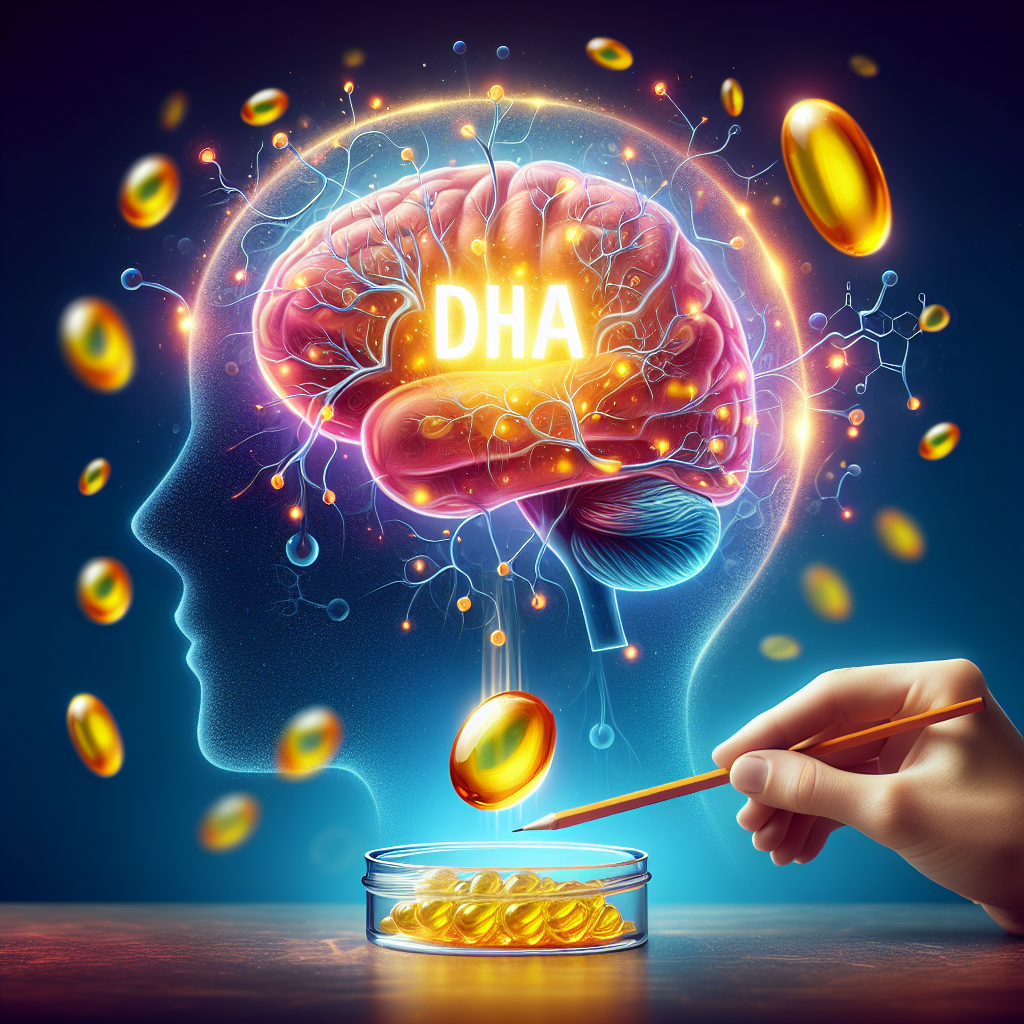DHA, or docosahexaenoic acid, is an omega-3 fatty acid that plays a crucial role in brain development and function. It is an essential nutrient that our bodies cannot produce on their own, so we must obtain it from our diet. DHA is particularly important during pregnancy and early childhood, as it is a key component of the brain and helps support cognitive function.
During pregnancy, DHA is transferred from the mother to the fetus, where it plays a vital role in the development of the baby’s brain and nervous system. Studies have shown that mothers who consume adequate amounts of DHA during pregnancy may have children with better cognitive function, attention span, and visual acuity.
In early childhood, DHA continues to support brain development by promoting the growth and function of brain cells. Research has shown that children who consume DHA-rich foods may have improved memory, attention, and problem-solving skills. DHA has also been linked to a reduced risk of developmental disorders such as ADHD and autism.
In adults, DHA is important for maintaining brain health and function. Studies have shown that DHA may help improve memory, concentration, and mood, and may even reduce the risk of age-related cognitive decline and neurodegenerative diseases such as Alzheimer’s.
Sources of DHA include fatty fish such as salmon, mackerel, and sardines, as well as algae-based supplements. It is important to include DHA-rich foods in your diet, especially during pregnancy and early childhood, to support optimal brain development and function.
In conclusion, DHA is a powerful nutrient that plays a crucial role in brain development and function. From pregnancy to old age, DHA supports cognitive function, memory, and overall brain health. By including DHA-rich foods in your diet, you can support your brain health and potentially reduce the risk of cognitive decline and neurodegenerative diseases.


Leave a Reply